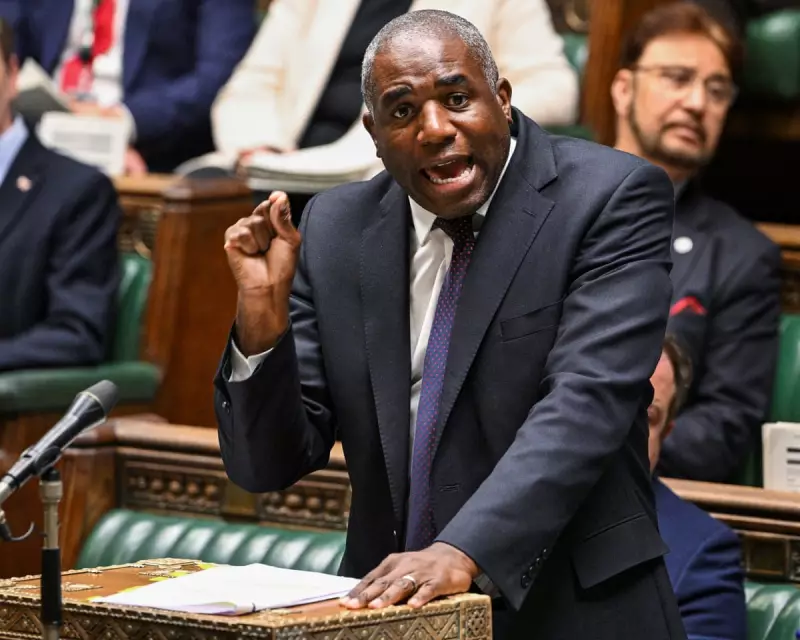
Foreign Secretary David Lammy is set to deliver a bold statement to MPs, confirming that the UK government remains steadfast in its intention to formally recognise a Palestinian state. This move signals a significant shift in Britain's foreign policy approach to the Middle East.
In his first major address to the House of Commons since taking office, Lammy will argue that recognising Palestinian statehood is not merely a symbolic gesture but a crucial strategic necessity for achieving lasting peace in the region. He is expected to emphasise that this should occur as part of a coordinated international effort rather than as a unilateral action.
Building International Consensus
Lammy's approach focuses on building a broad coalition of support among European and other international partners. He will stress that "recognition should be part of a coordinated effort that includes our European partners" to maximise diplomatic impact and ensure effectiveness.
The Foreign Secretary believes this collective approach will create stronger momentum toward the ultimate goal: a viable two-state solution that guarantees security for Israel while fulfilling the legitimate aspirations of the Palestinian people.
Timing and Implementation
While reaffirming the government's commitment, Lammy will clarify that recognition is not an immediate unilateral move. Instead, he will position it as the culmination of a peace process rather than its starting point. The government views recognition as an important tool to build momentum toward negotiations rather than replace them.
This careful positioning aims to balance progressive foreign policy goals with pragmatic diplomatic considerations, acknowledging the complex realities on the ground while maintaining Britain's role as a serious international mediator.
Political Context and Reactions
The announcement comes amid ongoing discussions within the international community about the most effective approach to revitalise the peace process. Lammy's statement is likely to generate significant debate both in Parliament and on the international stage.
This policy direction represents continuity with the previous government's position while potentially accelerating the timeline and increasing diplomatic urgency. The Foreign Secretary's address will be closely watched by allies, partners, and observers across the Middle East and beyond.





